Question And Answer
Publications
Articles, publications, books, tools and multimedia features from the U.S. Institute of Peace provide the latest news, analysis, research findings, practitioner guides and reports, all related to the conflict zones and issues that are at the center of the Institute’s work to prevent and reduce violent conflict.
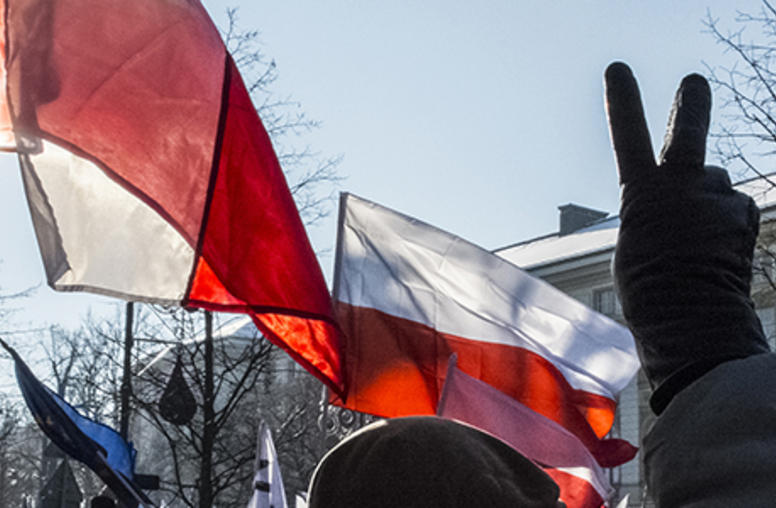
Poland’s Liberals Strike Back
Here's how Poles are fighting back against their authoritarian-leaning new government.
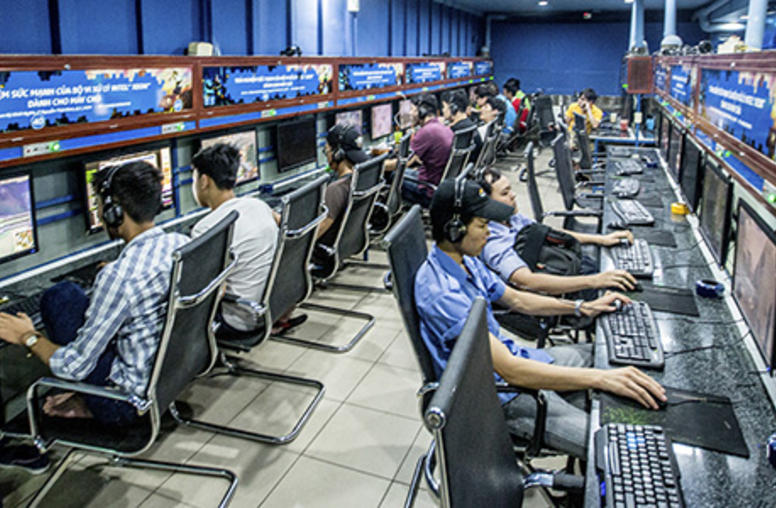
Can Your PlayStation Stop a War?
Video games are being used for everything from helping find cures for HIV to losing weight. It's time to start using them to make peace.
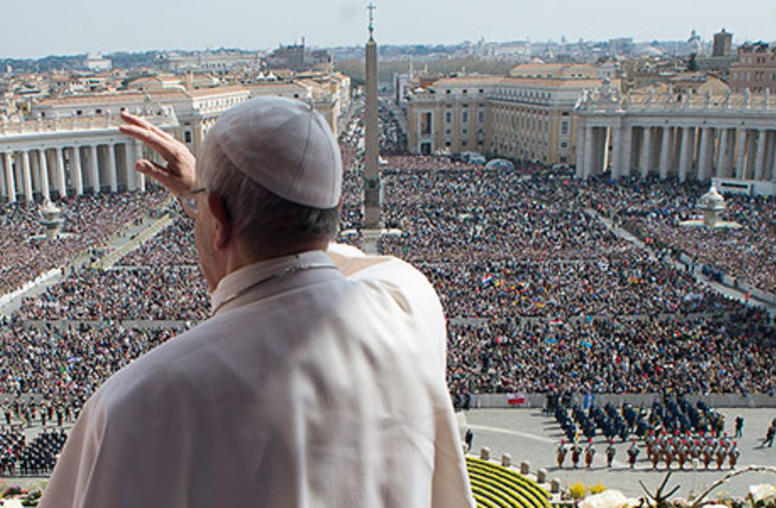
What Happens When You Replace a Just War With a Just Peace
Can the Catholic Church put an end to centuries of sanctioning war, and start promoting peace instead
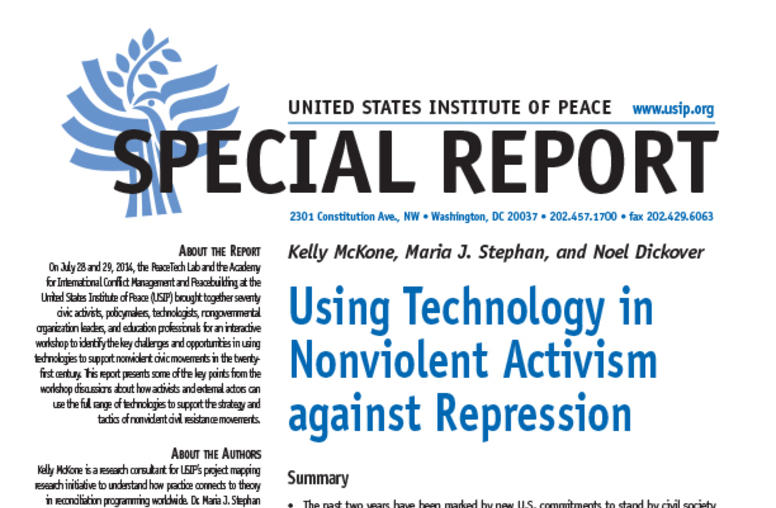
Using Technology in Nonviolent Activism against Repression
In an era of crackdowns on freedoms of peaceful assembly and association, what role can technology play in strengthening nonviolent civic mobilization? How can activists strategically apply the full range of technologies to build and sustain movements where the options for nonviolently resolving conflicts are diminishing under increased repression? Informed by discussions from a USIP workshop, this report explores avenues for engagement between activists and external actors to use technology ...
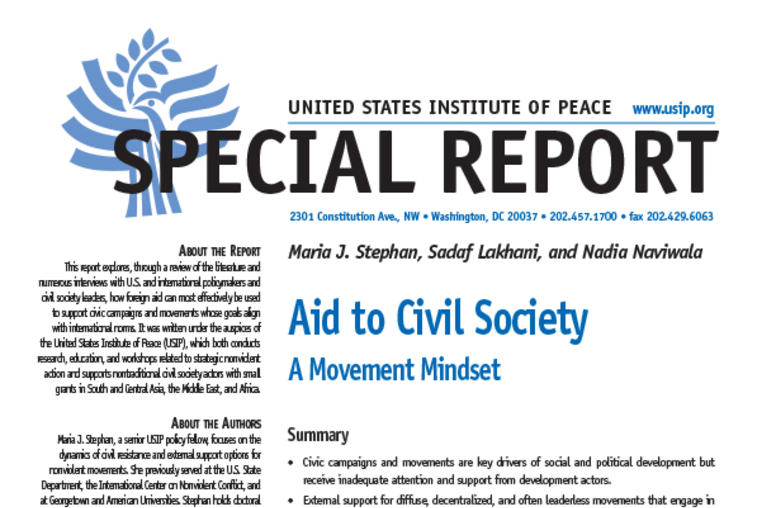
Aid to Civil Society: A Movement Mindset
Supporting local agents of nonviolent change is critical to preventing violent conflict and advancing democratic development. Civic campaigns are key drivers of social and political development, as is clear from issues-focused movements in Central and Eastern Europe, Latin America, and most recently the Middle East and North Africa. Effectively aiding civic movements that are fluid, diverse, decentralized, and often loosely organized is tricky. Drawn from a review of the literature and numero...
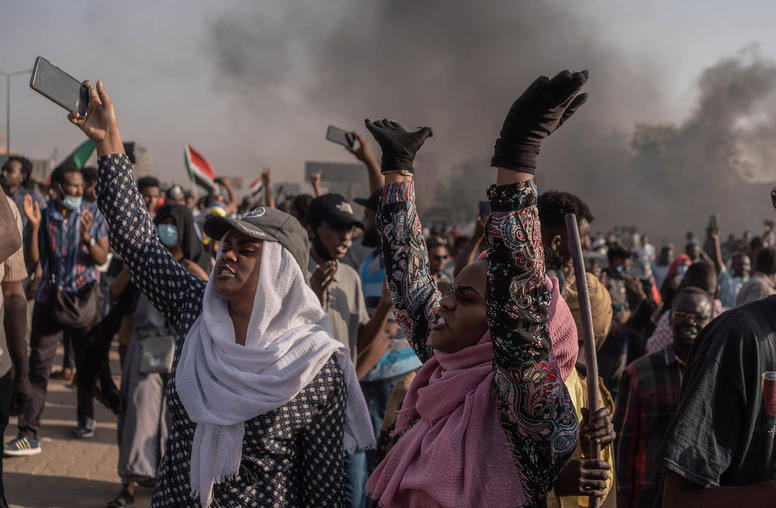
In Sudan, a Narrow Opportunity to Get the Democratic Transition Back on Track
The surprise announcement by Gen. Abdel Fattah al-Burhan, the leader of Sudan’s coup government, that the military is willing to hand power back to civilians presents an opportunity to get the democratic transition back on track.
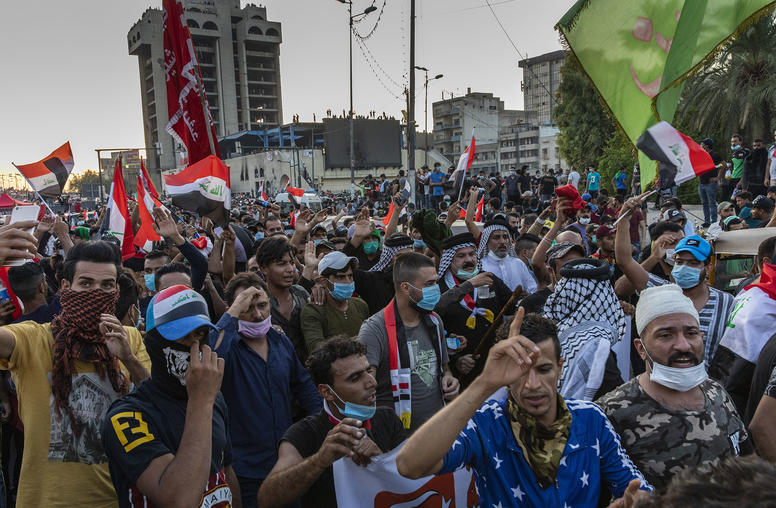
Nonviolent Action in the Time of Coronavirus
Last year saw a wave of nonviolent action movements, mostly relying on tactics of large public protests and sit-ins as people took to the streets from Hong Kong to Chile to demand greater democracy, economic equality, and social justice. Some of these movements, like the revolution that successfully ousted Sudan’s longtime authoritarian ruler Omar al-Bashir, achieved many of their goals. Others, like the pro-democracy movement in Hong Kong, were still seeking major demands from the government when news of the rapid spread of a novel coronavirus began coming out of central China.
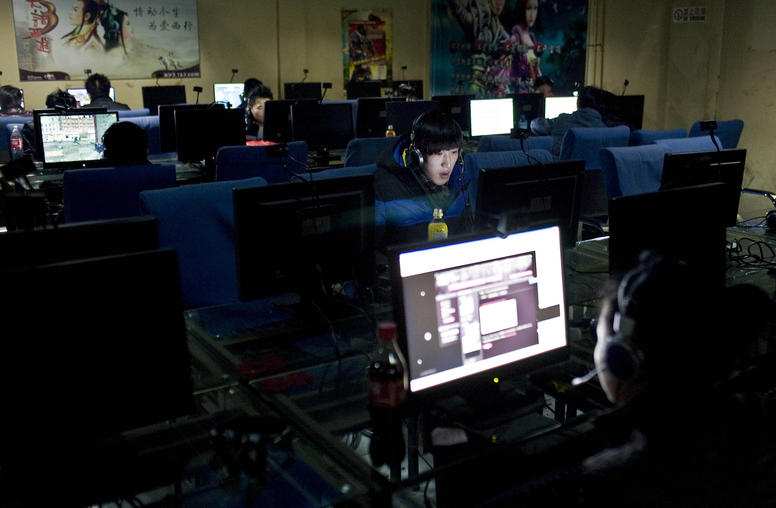
Amid Coronavirus, Online Activism Confronts Digital Authoritarianism
As the COVID-19 pandemic expands, many social movements have had to drastically rethink their strategies. Movements that previously relied on the visibility and disruption of street protests have either been forced off the streets by quarantine restrictions or have voluntarily ended public protests to protect public health. Yet, this significant reduction in public protests does not mean that movements have gone away.
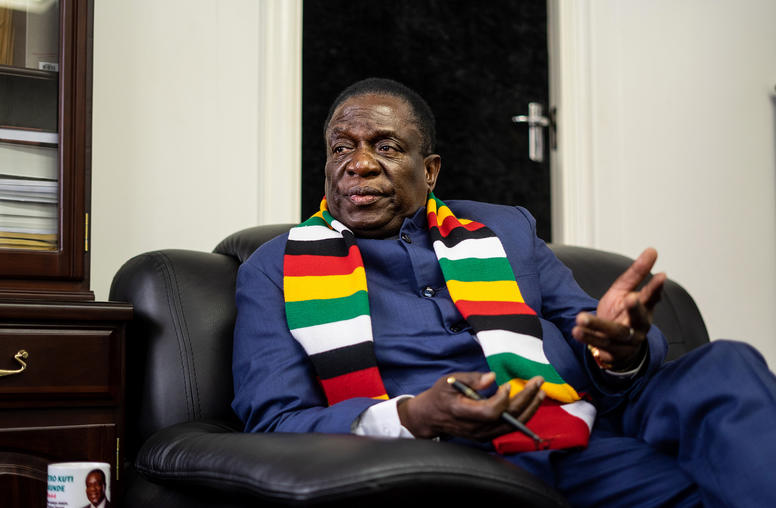
COVID Raises the Stakes for Zimbabwe’s Civil Society Movement
Countries worldwide that suffer or risk violent conflicts face a new hazard amid the COVID-19 pandemic: governments’ use of the disease as a pretext to curtail democratic freedoms and punish opposition. As COVID has spread across Africa, Zimbabwe is emerging as one of the countries most vulnerable to the disease—and most illustrative of its threat to peace and democratization efforts on the continent. Two and a half years after a military coup installed President Emmerson Mnangagwa, his government has used the health crisis to arrest members of the opposition and journalists, and divert humanitarian aid to ruling party supporters.
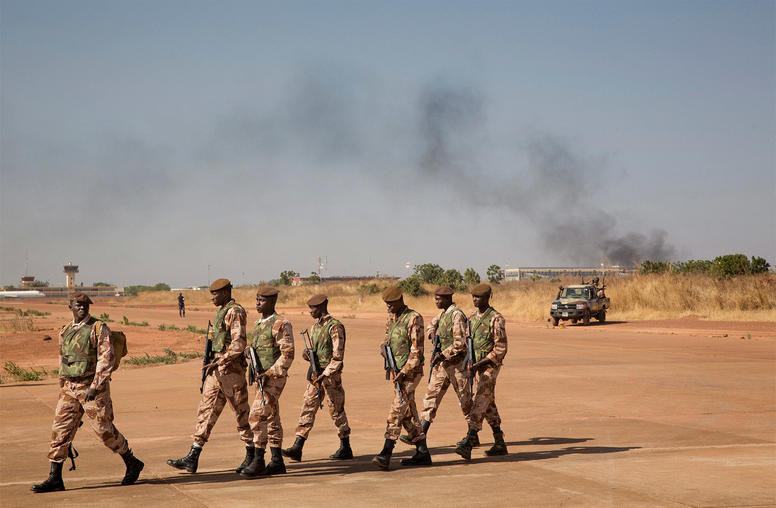
Five Things to Know About Mali’s Coup
On August 18, rising tensions to boiled over into a mutiny, leading to the resignation of President Ibrahim Boubacar Keita. This dramatic chain of events followed three months of protests, calling for Keita’s resignation. As the country grapples with an intractable insurgency and eight years of instability, anger over the government’s failure to resolve conflict, respect democratic norms, and provide basic services pushed citizens and the military to their boiling point. What comes next in Mali over the coming months could have significant implications for the country’s democracy and on the stability of the Sahel.